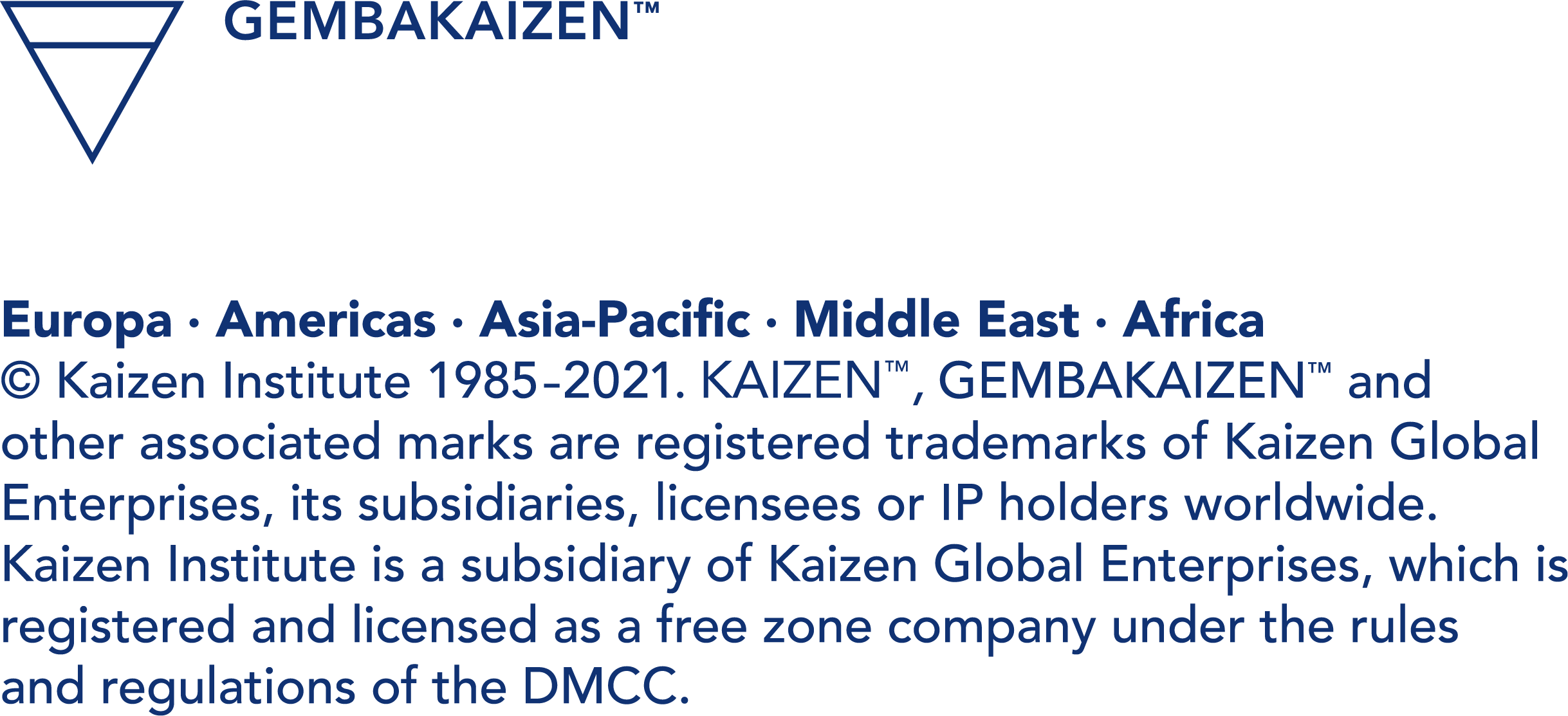I caught up with our Consulting Group CEO, Jon Miller at our recent annual Kaizen Institute conference in India. Jon co-authored a great book, Creating KAIZEN™ Culture to help demystify the often-misunderstood topic of how to create a KAIZEN™ culture in an organisation. So, I’ve asked Jon to elaborate on how a KAIZEN™ culture can be created in a few typical New Zealand scenarios.
We often hear comments that New Zealand organisations are different because we are so small, remote, laid back, etc.
A couple of years ago 95% of our New Zealand enterprises employed less than 20 staff and 99% employed 50 or less staff.
So, firstly I've asked Jon if and how smaller organisations or Small and Medium Enterprises (SMEs) can create a KAIZEN™ culture.
Jon: Smaller organisations, venture businesses and start-ups have an advantage in building KAIZEN™ cultures because typically there is a stronger sense of common purpose among their people.
We know that the typical SME leader does not have time or budget for warm and fuzzy culture stuff, KAIZEN™ or otherwise. A small business manager or owner is closer to the customer, has a better understanding of what pays their salary, and what absolutely must be done today than does a manager in a large corporation. Whatever they invest their time and money in must help pay the bills and grow the business.
We also know that KAIZEN™ culture can’t be created overnight. It requires persistent hard work and commitment. So, what’s in it for a SME to create a KAIZEN™ culture?
Jon: The behaviours and practices that build a KAIZEN™ culture are ideal in that they provide SMEs with powerful methods to expose and solve problems quickly. This in turn leads to reduced cost and improved quality, but more importantly to developing their people's capability in an on-the-job fashion. When the small business leader is able to make this link, support becomes absolute and the organisation will be well underway to build a KAIZEN™ culture.
In this regard, Culture building is inherently a human endeavour and requires face-to-face communication, problem solving and other deliberate practices to test out core beliefs and build a common framework. This can happen more quickly when there are fewer heads.
Leaders and managers of smaller organisations are often more dogmatic and they may hold strong beliefs that are not always anchored in best practices. They trust their proven “recipe” that made them successful up to this point. However, this recipe is often not scalable and could hamper growth. They may not necessarily subscribe to collaborative problem solving, preferring rather to remain the "leader as hero". Surely this can be a disadvantage of SMEs and smaller organisations in creating a KAIZEN™ culture?
Jon: This is a question of maturity and professionalism as a manager or leader. Entrepreneurs and SME leaders are often very self-reliant and have succeeded through strong belief in themselves, dedication to hard work, and by eschewing complexity. As long as these behaviours do not prevent the rest of their organisation from developing the skills needed to make good decisions in serving customers and improving processes, the SME can succeed or even outperform large corporations in creating KAIZEN™ cultures.

Jon's comments confirm that our Kiwi SME's are ideally placed to benefit from a KAIZEN™ culture. They are nimble and focused. A KAIZEN™ culture can be the catalyst to help SME's harness the power of their own team members to anticipate and act on opportunities to add more value to their customers.
Creating a KAIZEN™ Culture - Align the Organisation, Achieve Breakthrough Results and Sustain the Gains by Jon Miller, Mike Wroblewski, Jaime Villafuerte describes processes to create a KAIZEN™ culture, from cross-functional breakthrough KAIZEN™ projects, to daily KAIZEN™ for employee engagement, and the KAIZEN™ process extended to strategy deployment.












